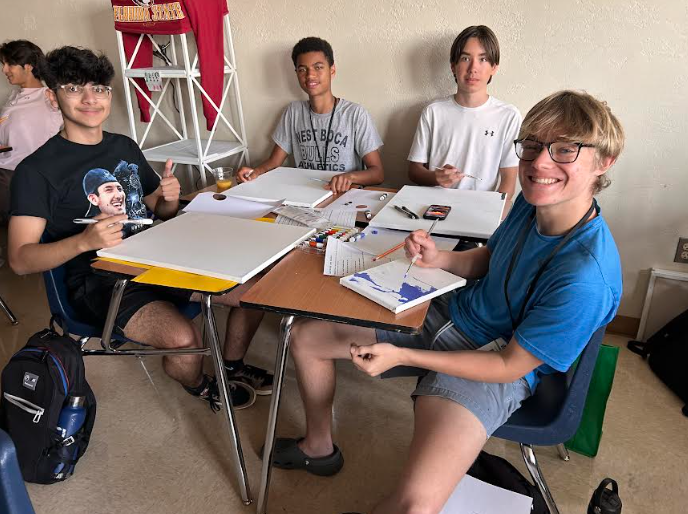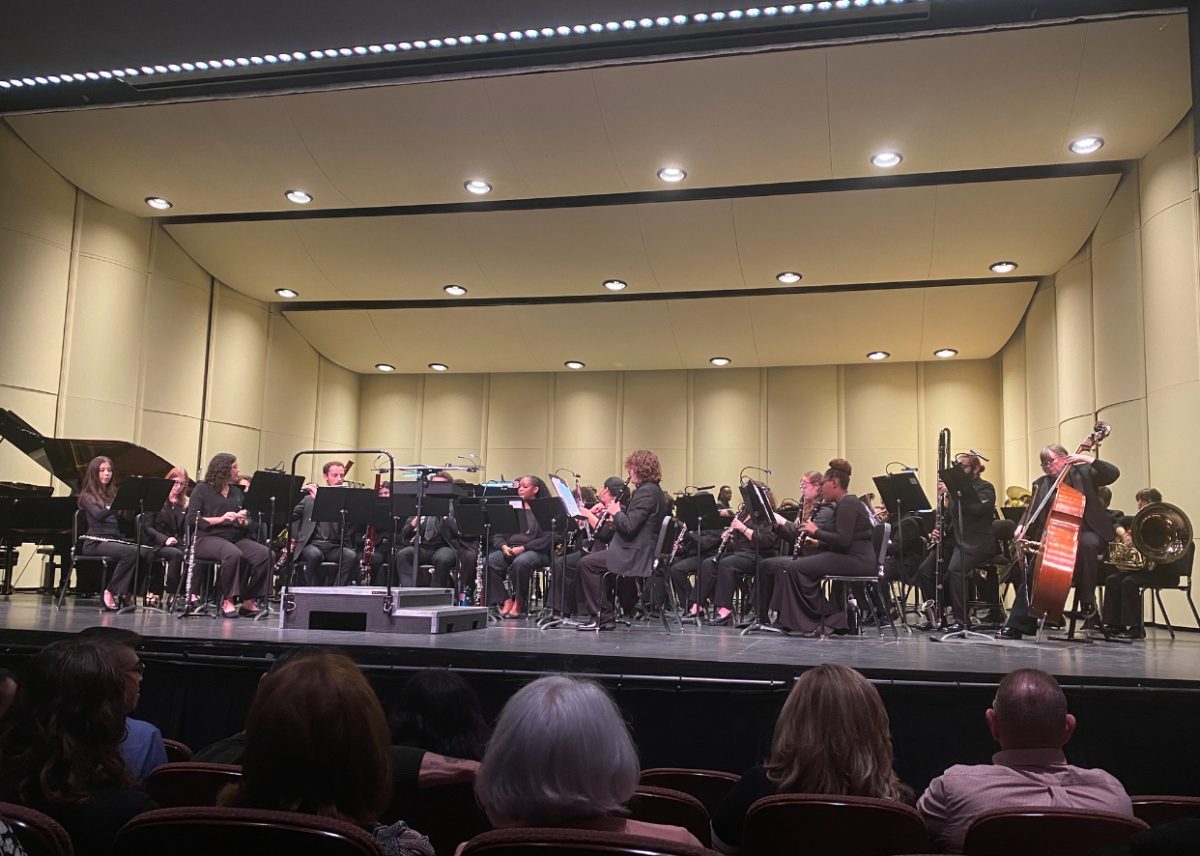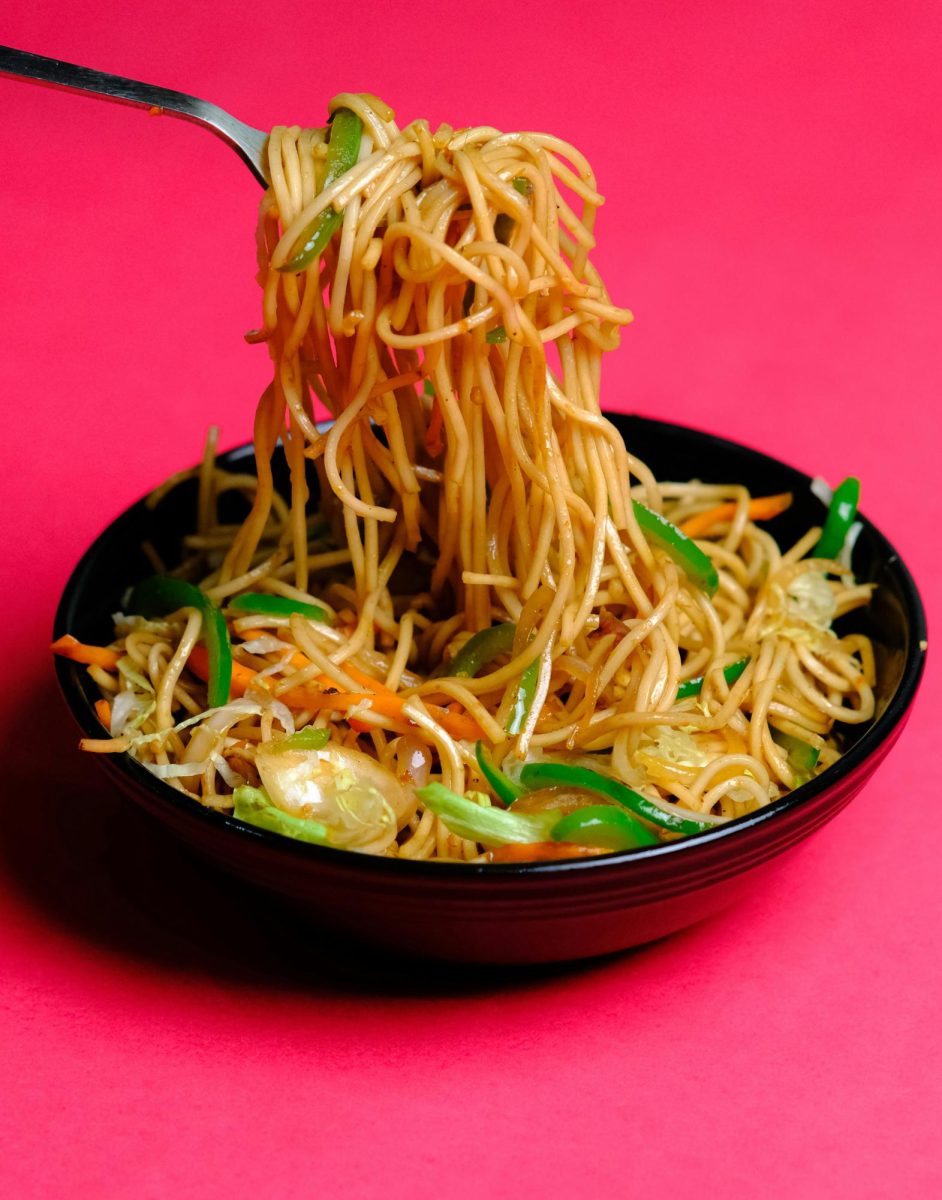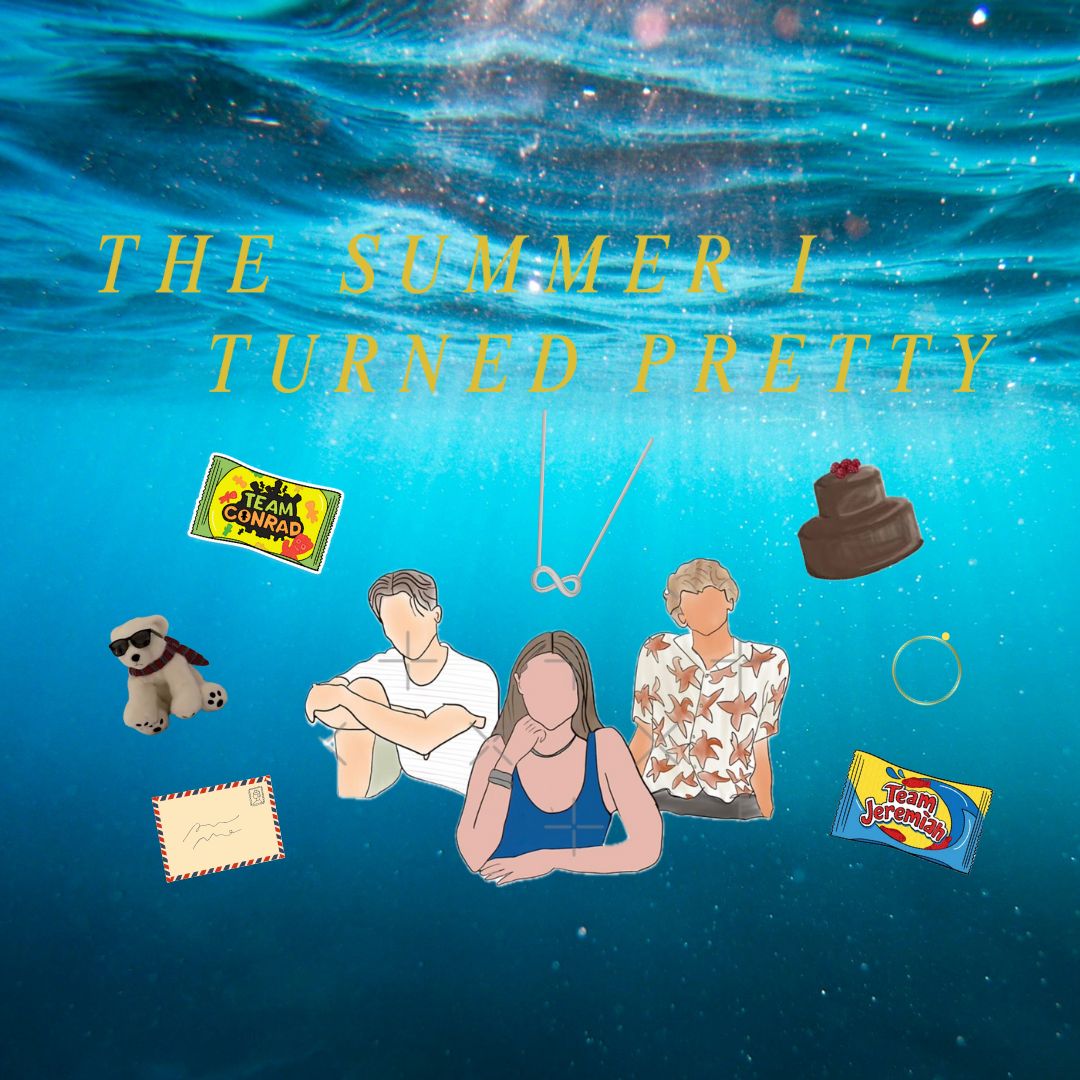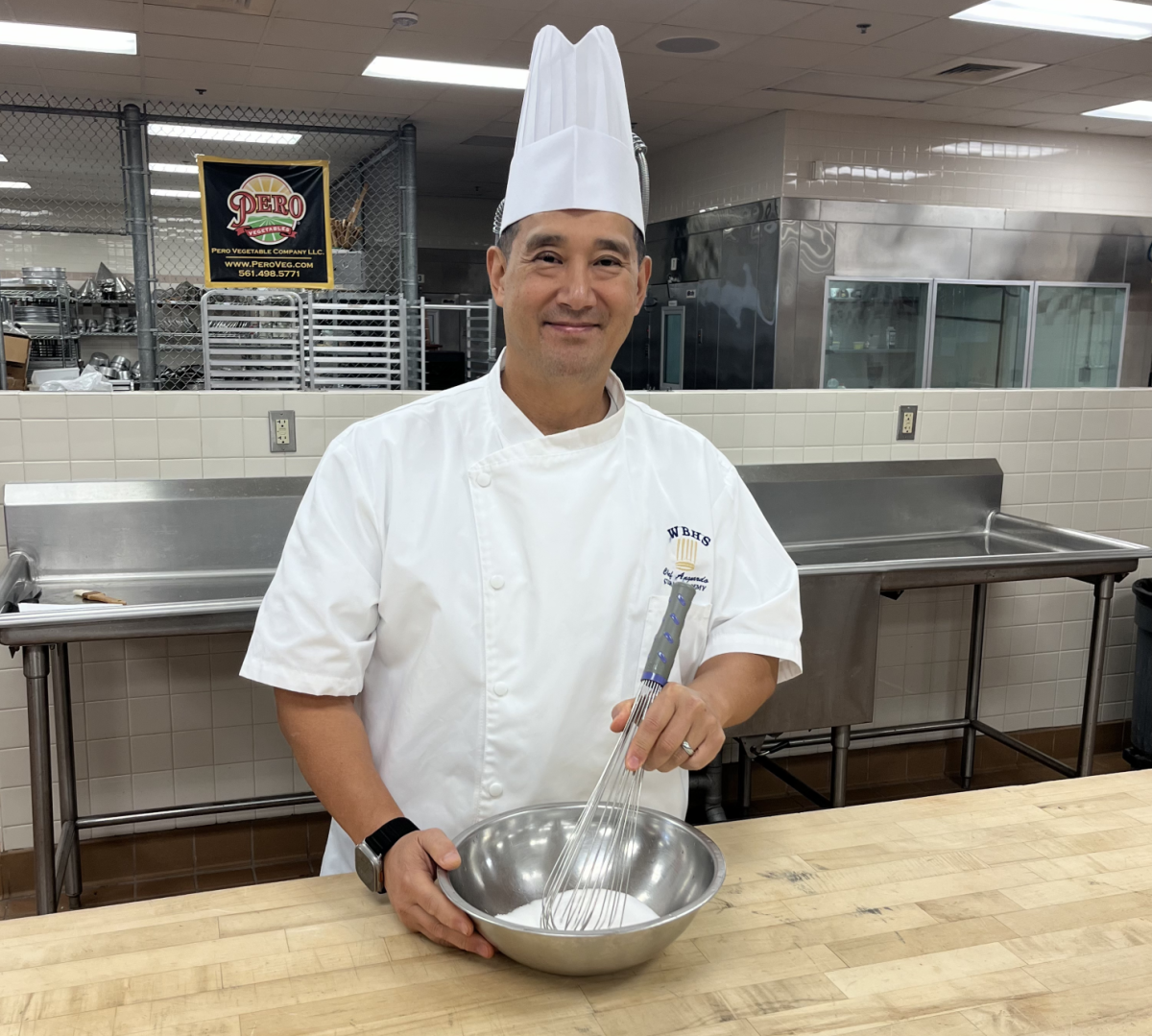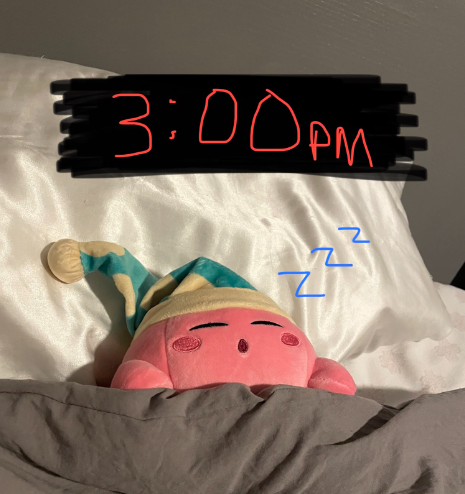
You know when you come home from school, ready to relax for a few minutes before getting swept away in homework and other hobbies, when all the sudden, you end up falling asleep, or barely being able to stay awake.
This can leave a big gap in your day’s productivity and it’s also quite annoying. But it’s not just you, many other students feel the exact same way, so why do we all seem to get so tired after school?
This 3 P.M. sleep “slump” isn’t just because of West Boca’s end time, but it’s actually because of our biological Circadian rhythm. The Circadian rhythm is the biological clock in our bodies determined by the amount of sunlight we receive on Earth.
First, the rods in the backs of our eyes capture changes in light and darkness. This then sends a set of signals to the pineal gland in our brains, which is towards the center top of human skulls. The activation of certain neurotransmitters and “clock” genes in this part of the brain facilitates the release of hormones. When in the presence of more light, the brain releases more cortisol, which works to make your body more alert. In the absence of light, the brain releases melatonin, which works to make your body sleepy.
As teenagers, our circadian rhythm becomes delayed due to puberty, known as sleep phase delay. This shifts a natural cycle of getting tired around 8 P.M, to getting tired around 10 or 11 P.M. It causes a teens’ best times of sleep to transition to 3 to 7 A.M.
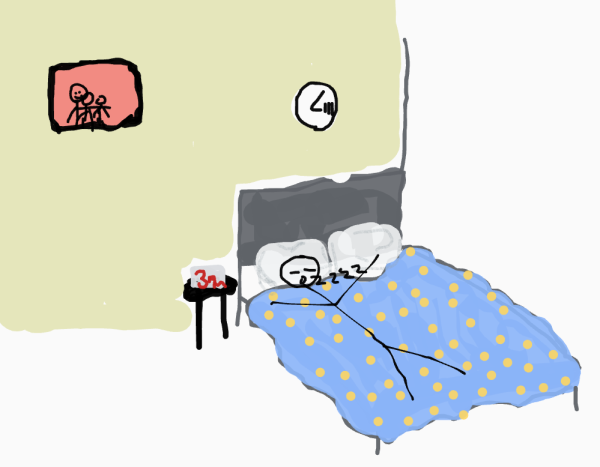
Because of this, many teenagers are somewhat deprived of their most restful sleep cycles. This leads to the 3 P.M. sleep “slump” that affects so many. However, the need for sleep can affect anyone, and also be caused by a wide variety of issues. A mess in the circadian rhythm can be caused by poor-eating habits, an increase in stress, too much caffeine, or all-nighters.
But, there are many ways you can work to combat this slump! According to Deepak Chopra of CNBC, you can make sure you eat a “low-carb breakfast and lunch.” Engaging in eating foods higher in protein and lower in carbohydrates can lead to a more regulated energy cycle, as too many carbohydrates can cause a spike in blood sugar. Chopra suggests having some more “energy-boosting alternatives” like yogurt and veggies when “your midday hunger pains start to kick in.”
Another alternative can be taking a short walk. The University of Rochester suggests that 15 minutes of walking is more effective than 50 milligrams of caffeine, which equates to about one cup of coffee. It also gives you a chance to clear your mind, decreasing stress levels and allowing you to return to any work or chores with a new boost of energy.
You can also try listening to music. It can increase concentration levels “in the same way that music can rev up your workout.” Many resources suggest classical, piano, low-fi, and binaural beats.
However, if none of these methods seem to work, you could choose to embrace the slump and adapt to a biphasic sleep schedule. Biphasic sleep references a pattern of sleep in which a person splits a normal eight hour cycle into two separate sleeping times. There are a range of benefits, such as increased cognitive performance and a reduction in sleepiness. Yet, it can be hard to adapt it to a social schedule and eating habits.

